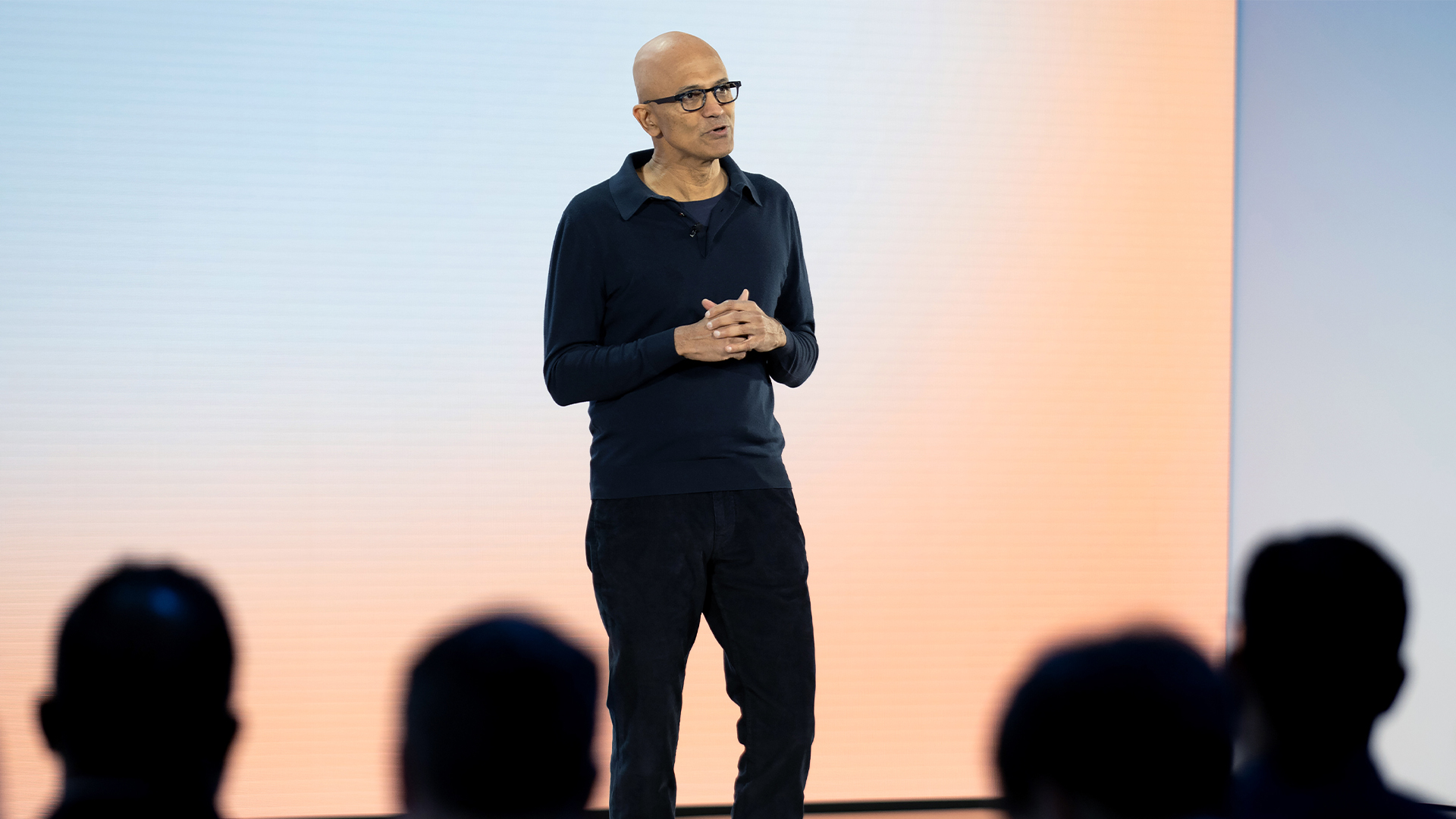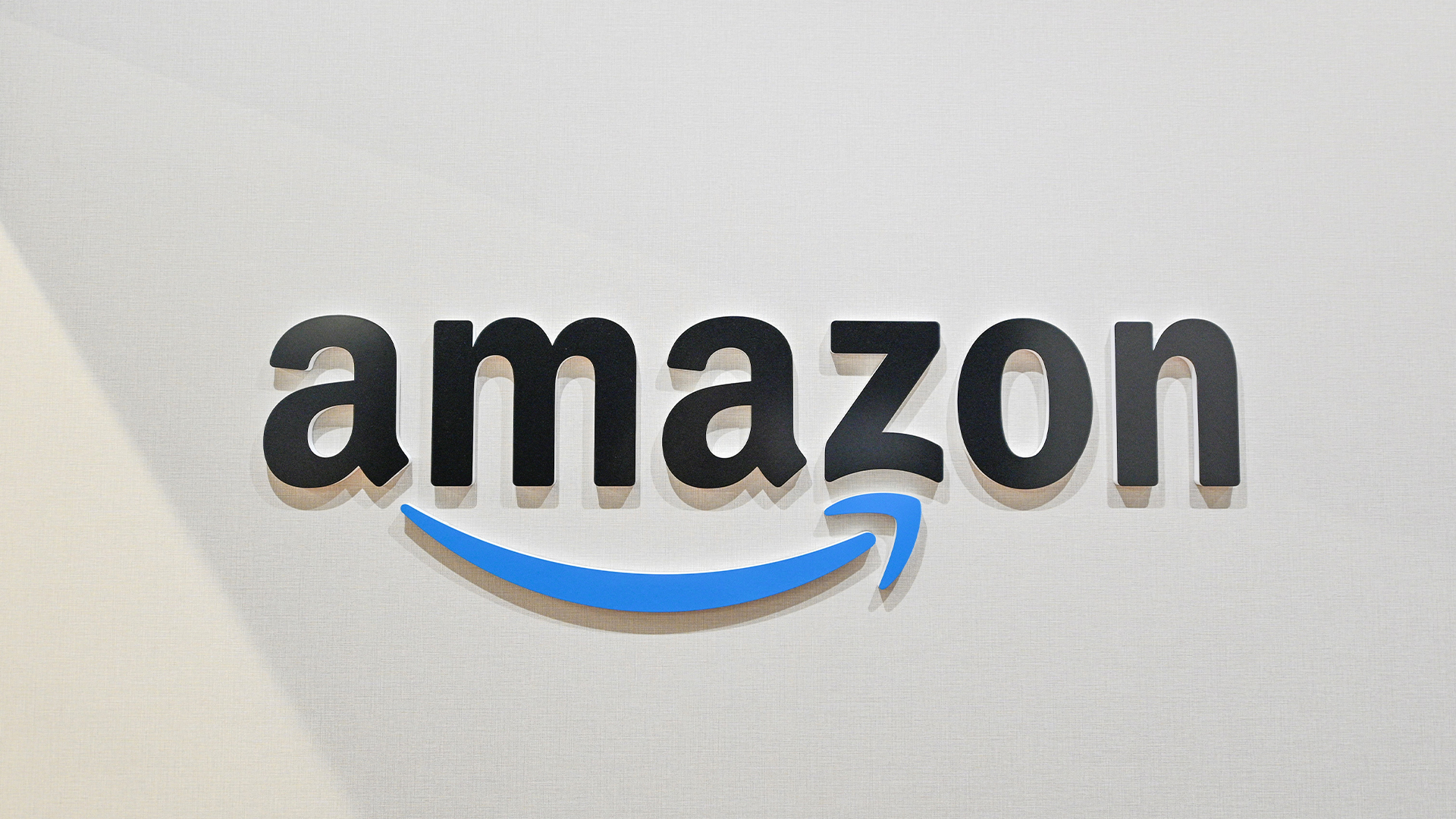10 big internet names that have fallen
We run down the 10 big net players who didn’t make it.

The closure of Geocities means another big internet name of yesteryear will be biting the dust. Here, it joins our list of 10 names that never made it in tact to where we are today
Geocities
Yahoo's announcement that it's closing down its Geocities free web hosting service marks the end of the name that got many web page creators up and running.
Back in the 1990s, Geocities-hosted free sites for all - complete with some of the most cumbersome URLs on the planet and gave many the chance to practice their web coding skills. So popular was the service at one point that Yahoo snapped it up at the height of the dot com boom for $3.57 billion. That, it transpired, was not a wise move (although what was wiser was the decision to fund the purchase with stock).
Because then, Web 2.0 happened. Who needed Geocities when you could have Wordpress? Why faff with uploading pages when MySpace could do it all for you? In fact, for many, Geocities had fallen off the radar altogether.
The recent announcement, therefore, that Yahoo was ending the free hosting service was only a surprise because many didn't even realise it was still going. The service will be gone, however, by the end of the year
Boo.com
Sign up today and you will receive a free copy of our Future Focus 2025 report - the leading guidance on AI, cybersecurity and other IT challenges as per 700+ senior executives
The poster child of the dot.com revolution, the online clothing store Boo.com burnt through over $130 million of capital funding in around 18 months, blowing it in quite a spectacular way. As is charted in the excellent book Boo Hoo (ISBN: 978-0099418375), it was a staggering tale of excess, with too much emphasis on having the best of everything (right down to a special Boo.com drink), and too little on the website, which launched late and with problems.
Ironically, the technology underpinning it was far ahead of its time, with many of the features we'd expect from modern day online clothing retailers. Back in 1999, though, it was just maddeningly slow, to the point of unworkable. As the dot.com boom came to an end, so Boo's business crashed, taking millions upon millions of dollars with it.
Netscape Navigator
Was Netscape Navigator simply in the wrong place at the wrong time? Perhaps, but the once-popular web browser was trampled into the ground by the rampaging Internet Explorer, an icon for which Microsoft conveniently and questionably according to current legal wrangles bundled onto the desktop of its Windows operating system. How could the once paid-for Netscape compete?
Answer: it couldn't, and while AOL bought it up, there was no way back for the browser. It was quietly dropped in March of last year. The final version was 9.0.0.6, after which it went to the great recycle bin in the sky
Go
The word portal' was bandied around business plans with alarming regularity in the late 1990s, but as it turned out, even a company the size of Disney couldn't magic one on its way to success. It set up its Go! network as a rival to the likes of Yahoo, Excite and Lycos, and managed to attract traffic through it.
But Disney, as did many others on a smaller scale, discovered that it was a flawed business model, and as the world moved away from portals to powerful search engines to find what it wanted online, the Go! project was quietly put to one side.
Freeserve
The name that played a significant part in jump-started home internet take-up in the UK, Freeserve was the first major internet service provider to abandon the monthly service charge and, as such, it quickly sliced up a large sector of the market.
By 2000, it had two million customers in what was still a market in relative infancy. Freeserve, though, was a product for the dial-up days, and it was bought up first by French firm Wanadoo, and then indirectly in 2006 by Orange.
The name, for all intents and purposes, has been dropped, having quite simply done its job at the time.
-
 Trump's AI executive order could leave US in a 'regulatory vacuum'
Trump's AI executive order could leave US in a 'regulatory vacuum'News Citing a "patchwork of 50 different regulatory regimes" and "ideological bias", President Trump wants rules to be set at a federal level
-
 TPUs: Google's home advantage
TPUs: Google's home advantageITPro Podcast How does TPU v7 stack up against Nvidia's latest chips – and can Google scale AI using only its own supply?
-
 Amazon is cutting 14,000 roles in a bid to ‘operate like the world's largest startup’
Amazon is cutting 14,000 roles in a bid to ‘operate like the world's largest startup’News The layoffs at Amazon mark the latest in a string of cuts in recent years
-
 ‘Lean into it’: Amazon CEO Andy Jassy thinks enterprises need to embrace AI to avoid being left behind – even if that means fewer jobs in the future
‘Lean into it’: Amazon CEO Andy Jassy thinks enterprises need to embrace AI to avoid being left behind – even if that means fewer jobs in the futureNews Amazon CEO Andy Jassy thinks companies need to "lean into" AI and embrace the technology despite concerns over job losses.
-
 Microsoft workers face a fresh round of layoffs – here’s who could be impacted
Microsoft workers face a fresh round of layoffs – here’s who could be impactedNews Microsoft will cut 6% of its workforce, equivalent to around 6,000 workers, as part of its latest cost-cutting drive.
-
 ‘If you want to look like a flesh-bound chatbot, then by all means use an AI teleprompter’: Amazon banned candidates from using AI tools during interviews – here’s why you should never use them to secure a job
‘If you want to look like a flesh-bound chatbot, then by all means use an AI teleprompter’: Amazon banned candidates from using AI tools during interviews – here’s why you should never use them to secure a jobNews Amazon has banned the use of AI tools during the interview process – and it’s not the only major firm cracking down on the trend.
-
 Amazon's RTO mandate could spark a talent exodus
Amazon's RTO mandate could spark a talent exodusNews A survey of Amazon staff suggests plenty remain unhappy about returning to the office next year
-
 Amazon's RTO mandate just hit a major roadblock – it doesn’t have enough office space
Amazon's RTO mandate just hit a major roadblock – it doesn’t have enough office spaceNews The company has told staff in several locations that it won't have room for them all in time
-
 “There are other companies around”: AWS CEO Matt Garman says employees pushing back on RTO mandates should quit
“There are other companies around”: AWS CEO Matt Garman says employees pushing back on RTO mandates should quitNews AWS CEO Matt Garman says employees pushing back on RTO mandates should quit
-
 Business execs just said the quiet part out loud on RTO mandates — A quarter admit forcing staff back into the office was meant to make them quit
Business execs just said the quiet part out loud on RTO mandates — A quarter admit forcing staff back into the office was meant to make them quitNews Companies know staff don't want to go back to the office, and that may be part of their plan with RTO mandates